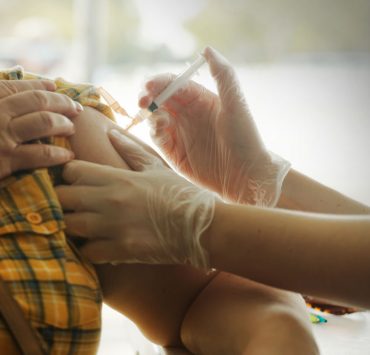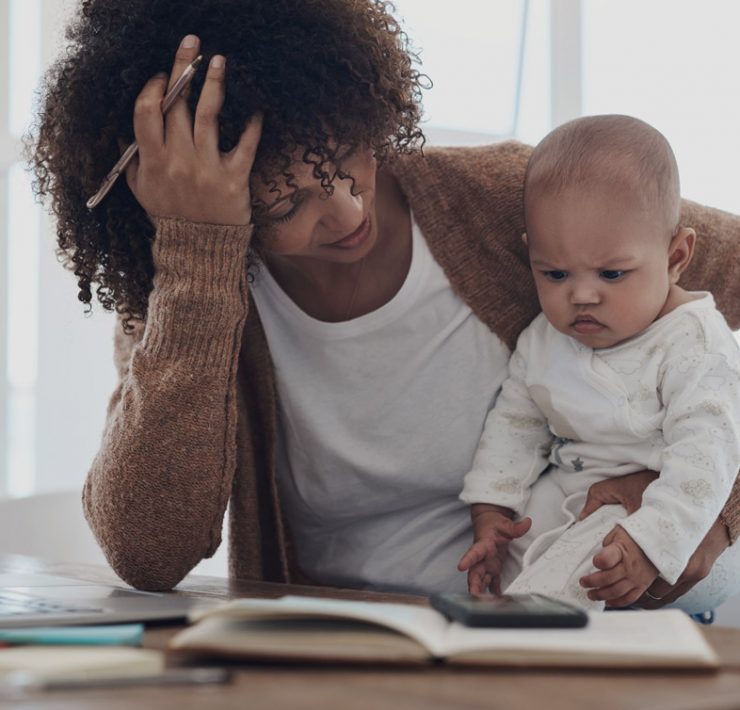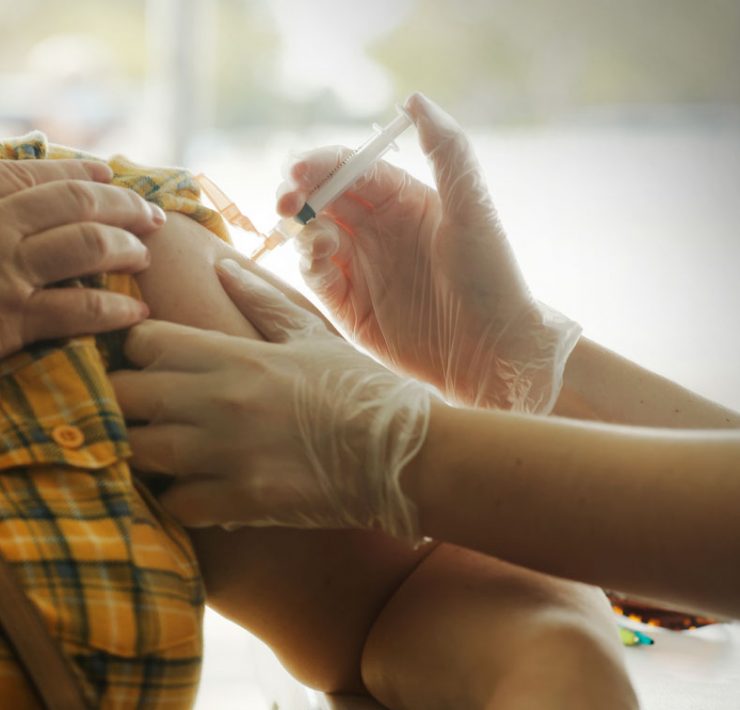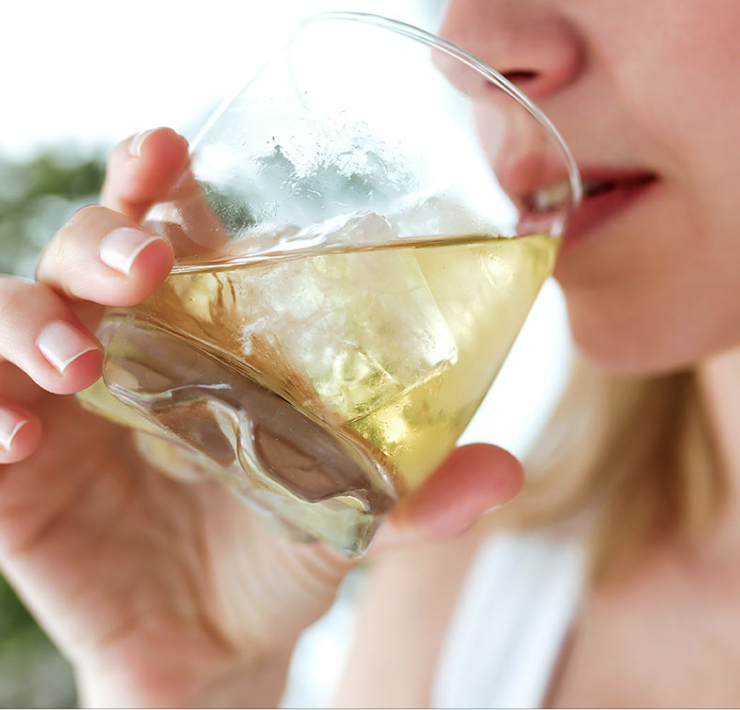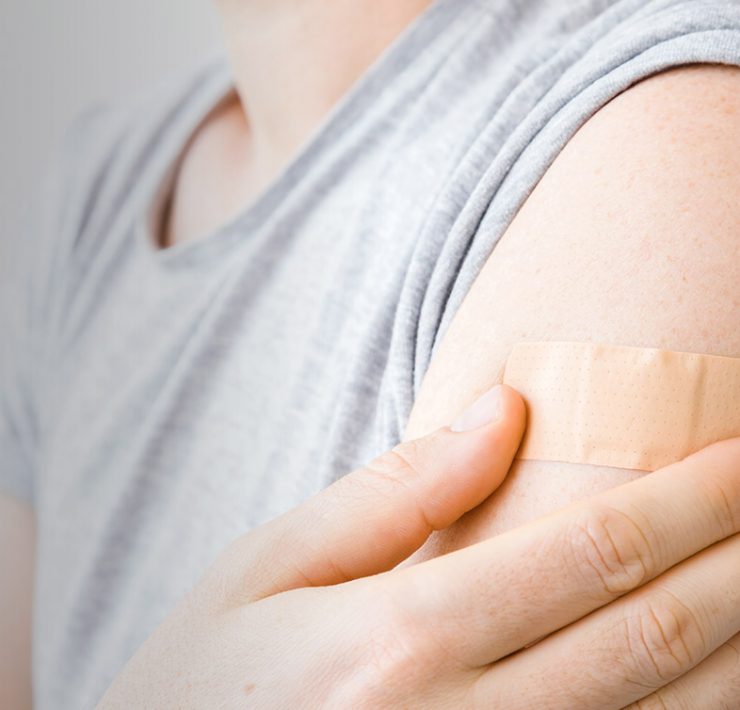Who is eligible for a booster shot?
According to CDC recommendations, recipients of the Pfizer-BioNTech or Moderna COVID-19 vaccine are eligible for a booster shot 6 months or more after their second dose of the two-dose regimen AND they meet one of the following criteria:
- 65 years and older
- Age 18+ and live in long-term care settings
- Age 18+ and have underlying medical conditions
- Age 18+ and work or live in high-risk settings
For those who received a single-dose Janssen (Johnson & Johnson) vaccine, a booster shot is recommended for everyone, two or more months following the original inoculation regimen, as long as they are age 18 or older.
Do I have to get the same type of booster shot as my original vaccine?
Nope! The FDA and CDC have both concluded that mixing and matching of vaccine types is perfectly fine.
On October 20, 2021, the FDA authorized the use of a heterologous (or “mix and match”) booster dose for currently available COVID-19 vaccines. That means regardless of which vaccine you originally received—Pfizer, Moderna, or Janssen—you can get a booster dose of any of them.
If you’re wondering about potential benefits to mixing and matching, the CDC has not taken a position on this, though they seem to be leaving the door open to relevant research. CDC Director Dr. Rochelle Walensky noted “The CDC now will allow new recommendations to mix and match [but] we do not indicate a preference.”
Some early data does indicate a stronger antibody response from heterologous vaccine and booster varieties, but it’s too early to derive actionable analysis from it. According to NBC News medical contributor Dr. Natalie Azar, “If you do get a different booster from the original that you got…the likelihood of you getting the same or a greater antibody response two weeks later is greater.”
“What we don’t know,” she continued, “is whether or not those antibodies actually translate into better protection or more vaccine effectiveness.”
Are you a resident of New York City?
Zeel offers in-home vaccinations and booster shots for any resident of the 5 boroughs, completely free of charge. A trusted, licensed nurse from the Zeel Provider Network will come directly to you to administer your shot in the comfort and safety of home. Book an in-home vaccine or booster now →
Are booster shots safe?
Yes—and about 11 million people have already gotten one! Booster shots contain the exact same clinical formulation as the primary vaccine shots, so there’s nothing new or different in them. In a CDC study of over 10,000 people who received a third shot, mild side-effects like headaches and joint pain were reported at a similar rate as in the first two doses.
While data on mix-and-match shots is more limited compared to the primary shots, a CDC panel convened on October 20th reviewed data from roughly 3,000 people who had received the Janssen vaccine and an mRNA booster and found only two had reported a serious adverse event. It’s not clear if either was actually related to the vaccine—only that the event took place within the study window.
“If you do get a different booster from the original that you got…the likelihood of you getting the same or a greater antibody response two weeks later is greater.”
Dr. Natalie Azar
While risks should always be taken seriously, they’ve so far proven to be extremely low—and far outweighed by the personal and communal benefits. Plus, the CDC’s Vaccine Adverse Event Reporting System (VAERS) is extremely powerful, and is able to track reports of adverse reactions practically in real time. So although all three vaccines and boosters have been thoroughly studied and tested, these evaluations are continually supported by an ever-expanding body of nationwide safety data.
Does a booster shot contain the same amount of inoculant as my original dose?
It depends on the type. A Moderna booster contains the equivalent of half a dose (.25mL) of the vaccine version, which contains 0.5mL in each of the two shots. The Johnson & Johnson and Pfizer boosters, however, each contain the same dosage as their vaccine counterparts.
I’ve heard about a vaccine “third dose”—how does that differ from a booster shot?
A third dose of the mRNA COVID-19 vaccines (Pfizer or Moderna) is indeed identical informula to the first two doses, though it differs in application and eligibility. Third doses are meant to protect those who are moderately or severely immunosuppressed and may not have a strong enough response to the first two doses of vaccine.
Third dose candidates include (but are not limited to) those in treatment for certain cancers, recent recipients of stem cell or organ transplants, patients on medications that suppress the immune system, and some HIV patients. Third mRNA doses can be administered to such patients as soon as 28 days after a second dose. The CDC recommends (with FDA authorization), that those who require a third dose of vaccine get the same type (Moderna or Pfizer) they received in their first two doses.
I’ve received a third dose mRNA vaccine—should I still get a booster shot?
The CDC has indicated that patients aged 18 or older who are moderately or severely immunosuppressed and received a three-dose primary series of mRNA vaccine may receive a booster shot. If the patient has already received three doses of mRNA vaccine, the booster should be delivered no sooner than 6 months after completing their original regimen.
Immunosuppressed people who received a single-dose Janssen COVID-19 vaccine as their primary series are encouraged by the CDC to get a single booster vaccine—Pfizer-BioNTech, Moderna or Janssen—as soon as 2 months after receiving their initial Janssen primary dose.
It is important to note, however, that each patient’s own clinical team is best positioned to determine the appropriate timing of vaccination and boosters for each individual patient.
I got COVID-19 after getting vaccinated! Does that impact my booster eligibility?
While you may have earned a slightly elevated degree of protection against subsequent infection (congratulations!), you are still eligible for—and should still get—a booster shot. You may have some special considerations around the timing of your booster shot. If you were very recently infected with COVID-19, naturally you should wait until your symptoms are gone and you’ve cleared quarantine before seeking out a booster. Additionally, if you received monoclonal antibodies or convalescent plasma as a treatment for your infection, the CDC recommends waiting 90 days after that treatment is over before getting a booster.
New York City Resident?
You may be eligible to receive a COVID-19 booster shot right in the comfort of home, from a licensed nurse in the Zeel Provider Network. Find out more →


